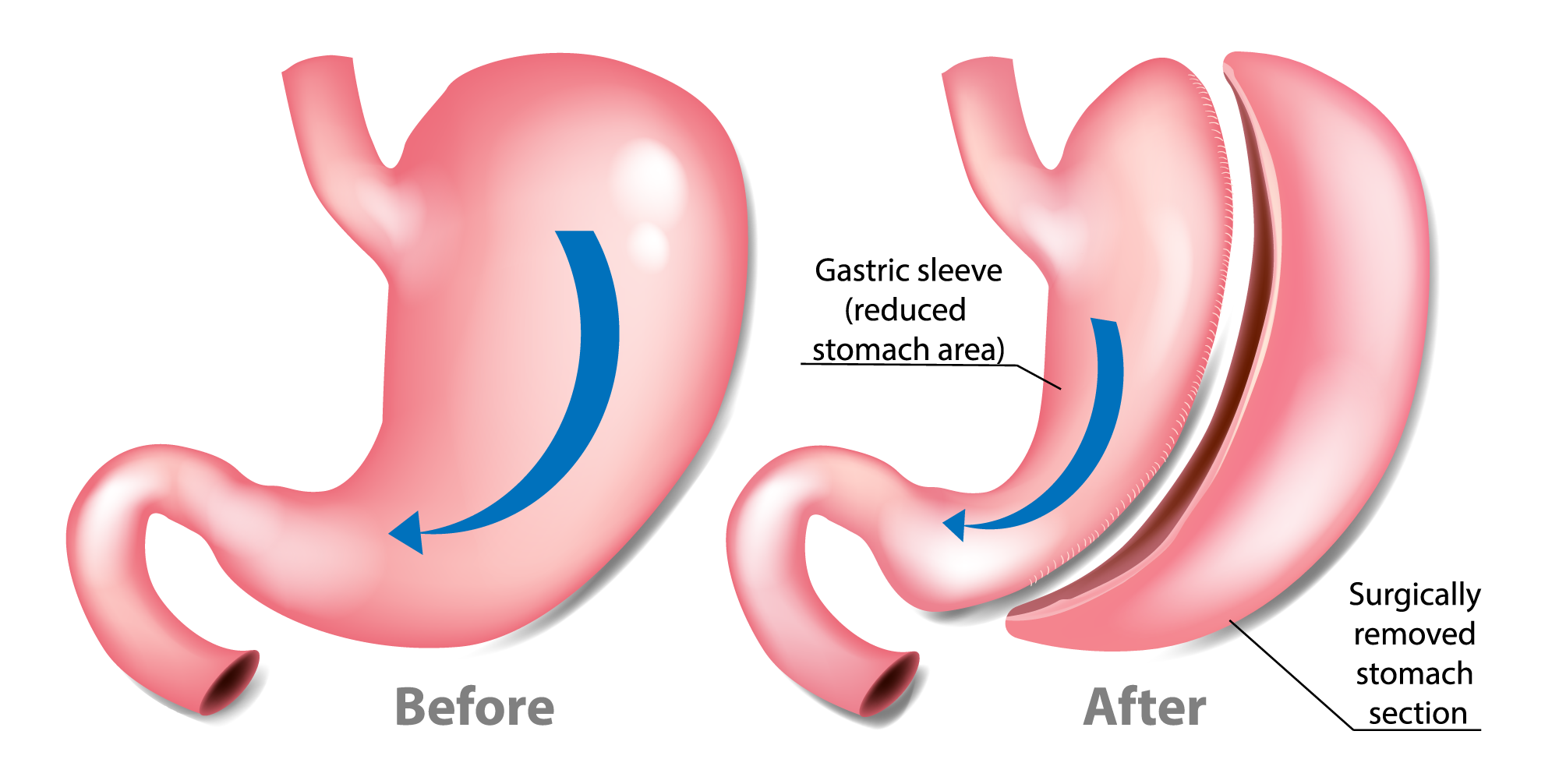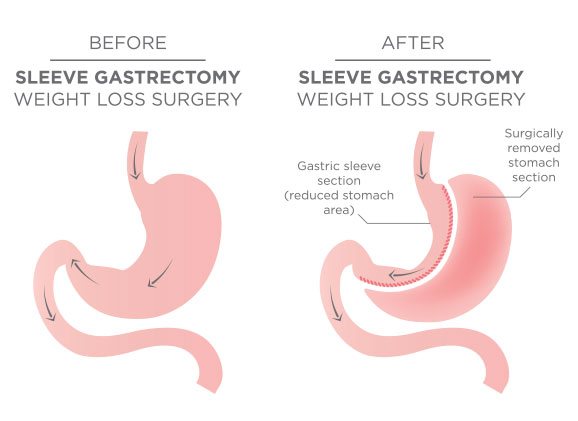
All these aspects matter greatly because each type of leakage manifests its own set of symptoms and determines the appropriate action for its management. Also, depending on their severity, a leak may be either subclinical or clinical. Some leaks are due to technical difficulties during surgery, but others are due to patient-related factors such as poor nutrition, recent or current smoking history, liver cirrhosis, or renal failure. They can also be classified according to their location or reason of development. Late leak: it develops during or after day 8 of surgery.Intermediate leak: which appears between day 4 and 7 after surgery.

Early leak: which may appear between day 1 and 3 after surgery.A leak can be classified according to the time of their emergence as : Types of gastrointestinal leaksĪ gastrointestinal anastomotic leak is “a leak of luminal contents from a surgical join between two hollow viscera”, according to a standard definition provided by the UK Surgical Infection Study Group. A gastrointestinal leak is one of the most dreaded complications of bariatric surgery because it carries a significant mortality and morbidity risk, it is also difficult to diagnose because its symptoms may vary and because some radiological studies and test might give deceitful results. Common bariatric operations that can lead to leakage are the Roux-en-Y gastric bypass, the duodenal switch and, unfortunately, the gastric sleeve surgery. The most serious risk about having any bariatric surgery is the development of a gastrointestinal leak. In the case of gastric sleeve surgeries, its benefits highly outweigh its risks, as it helps to control, and even overcome, different comorbidities associated to obesity, such as type II diabetes, hypertension, heart diseases, infertility, and so much more. However, every medical treatment and surgery comes with its own risks. The gastric sleeve surgery is also one of the safest bariatric surgeries available, as it is the one with the most documented data about its short-term and long-term outcomes in research studies, and consequently it is the most standardized procedure in the field. Out of all the bariatric surgeries performed in 2019, 59% accounted for gastric sleeve surgeries, according to the latest IFSO report. The gastric sleeve surgery, also known as the sleeve gastrectomy, is the most requested and practiced bariatric surgery worldwide. It all feeds into your confidence.Gastrointestinal leaks in Gastric Sleeve Surgery You’re like, ‘I already know this.’ Now I have a variety of clothes that fit me and I look good in.

When you’re a big guy, it seemed like every shirt had the word ‘big’ on it. “The ability to shop at any store you want,” he said, “that was awesome.

When you’re large, he recalled, “you always feel people are looking at you or away from you in hopes you don’t sit beside them. He stopped feeling anxious about finding a seat – on a friend’s couch, on an airplane or in a movie theater. “I just tried to personally run that whole game, just to tire him out. At one point, he remembers playing basketball with a guy 10 years younger than him.

He had more energy for activities he used to enjoy - running, playing basketball, and added some new ones, like dancing and becoming a certified Zumba instructor. Rice was promoted to an IT manager and featured in his company's marketing materials. Rice lost more than 100 pounds in the first year following surgery, and the effects were dramatic.Īs his appearance changed, his confidence grew. “That pushed me to not let my fears get in the way of what I needed to do,” he said. He wanted to be a positive role model as she grew up. Rice’s daughter was a toddler at the time. Then 32, he was already pre-diabetic and taking medicine to control his cholesterol.Īt one of his first meetings with the Duke bariatric team in Durham, Rice, learned obesity could rob him of many years of life. However, Rice’s biggest fear was what would happen if he didn’t go through with the procedure. He would ask himself, “‘if something goes wrong, am I strong enough to say I made the right choice and continue with other steps if follow-up procedures are needed?’” Rice was also concerned about the surgery itself and the lifestyle changes he would have to make. He was afraid the surgery would change his relationship with the foods he loved and the good times he spent socializing around a table. He didn’t want to tell his friends because he wondered what they might think. Rice had a lot to worry about when he was considering gastric bypass.


 0 kommentar(er)
0 kommentar(er)
